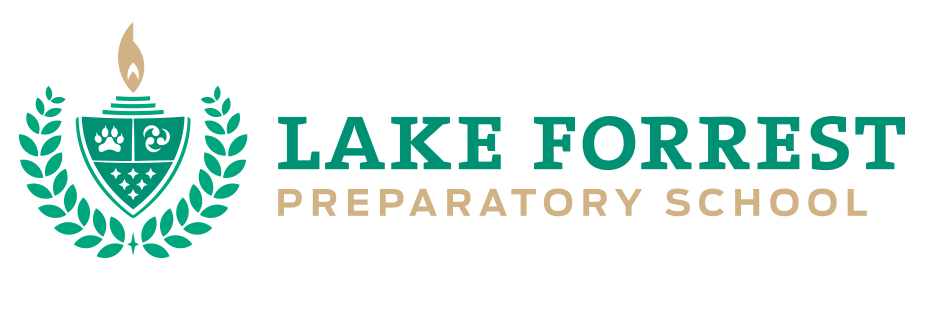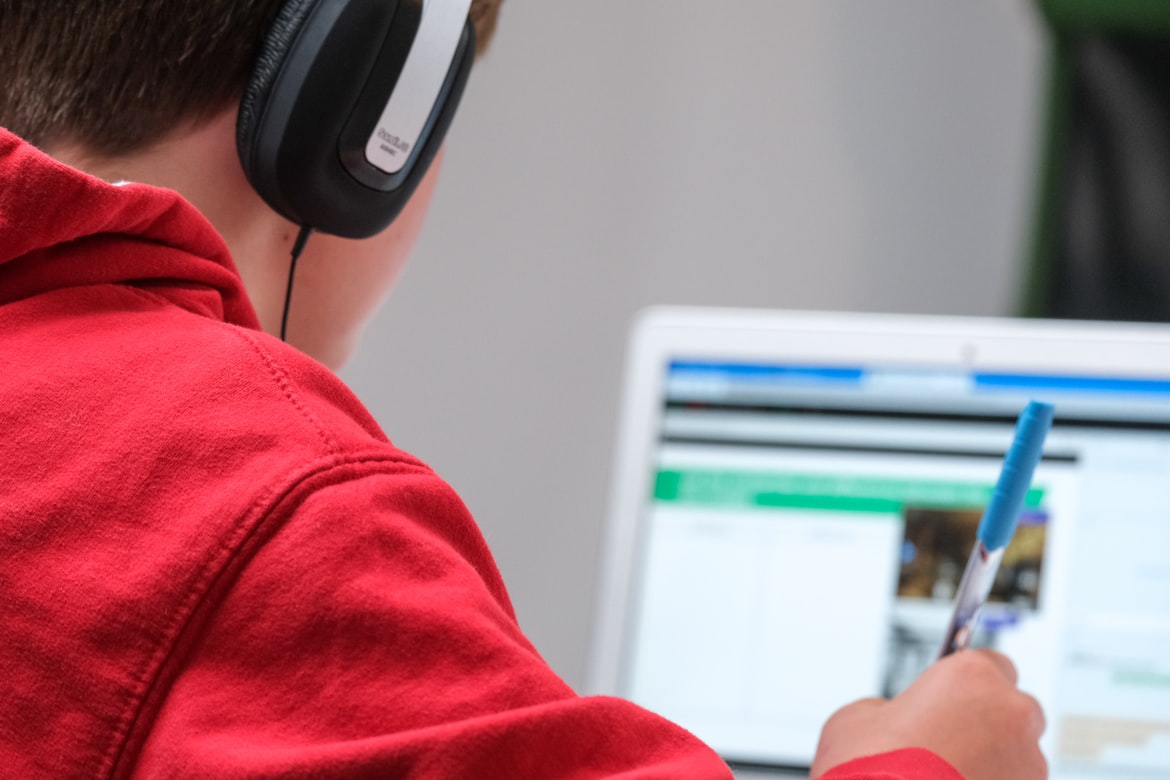For most lower grade schools, students go into a classroom, learn about a subject, and take home homework to review that day’s subject. However, when you ask a younger student what they learned about last week, they often come up blank. Why? Because it’s typically not until late elementary and middle school that students are told to build upon previous knowledge. That means students don’t often learn how to study until they’re in middle school.
An easy way to get your young student prepared for studying is by laying the groundwork at home! Here are some tips for parents to get their kids used to studying:
Use a study planner.
Planners might seem like overkill for students who think they can remember it all. However, seeing planners as positive, helpful tools rather than punishments for forgetfulness can get students on board with using them. Writing down assignments and due dates serves students well beyond school. Teaching them to use planners early will help them keep track of homework and give them a more accurate picture of how long assignments actually take. Older students can use planners to carve out time to study for upcoming tests, balancing those schedules with extracurricular activities or sports practices.
Practice writing down lessons.
For younger students, retaining lessons is straightforward. Concepts are taught one at a time, and they’re often memorization based. However, by late elementary school, concepts stack atop one another. It can get confusing to keep track of how certain concepts relate to one another through memorization alone. Encourage your kids to start writing lessons down and taking notes while their teacher is talking. If they’re studying a textbook, they can use the textbook chapter titles as note headings and write down important information. Writing down information can lead to better retention.
Give an answer for what they learned in school today.
“What did you learn today?” is often met with silence, a stare or “oh, nothing.” Every parent knows that answer is false, but few follow up on the silence with that answer. Start with a subject like math or English, and ask more pointed questions like “tell me one thing that stood out to you today.” Probing questions will help jog your child’s memory and, hopefully, trigger an important point or two from subjects.
Make a study schedule.
Dedicating time to studying can feel odd to kids at first. However, reviewing notes, textbooks, or even homework assignments can help improve retention. If your child is struggling with concentration at first, use the Pomodoro technique. Commit to 15 minutes of studying, give a 5-minute break after the first 15 minutes, and repeat the cycle for 45 minutes to an hour. Staying focused for 15 minutes at a time can give some students a sense of accomplishment when that timer dings for a break.
Write down questions.
Despite their best efforts, teachers don’t always have enough time to answer every single question thrown at them during lessons. If your child has a question that doesn’t get answered during the day, encourage them to keep a piece of paper divided into the subjects for that day. Underneath each section, they can leave any questions they feel went unanswered. They can always use their textbooks to seek out the answers to their questions, or they can ask their teachers to explain a concept further! Which brings us to our next suggestion…
Talk to teachers.
Remind your kids that teachers are there to teach! They want to see students succeed, and students shouldn’t be afraid to ask for help. It might seem like parents know everything (particularly to younger students), but consistently redirecting your child to ask the teacher for answers can set up a good habit and build up a rapport between your kid and the teacher.
At Lake Forrest Prep, we encourage our students to see studying as a healthy part of a well-rounded education. Interested to see what else sets us apart from other Orlando private schools? Give us a call at 407-331-5144 or schedule a time to tour.


